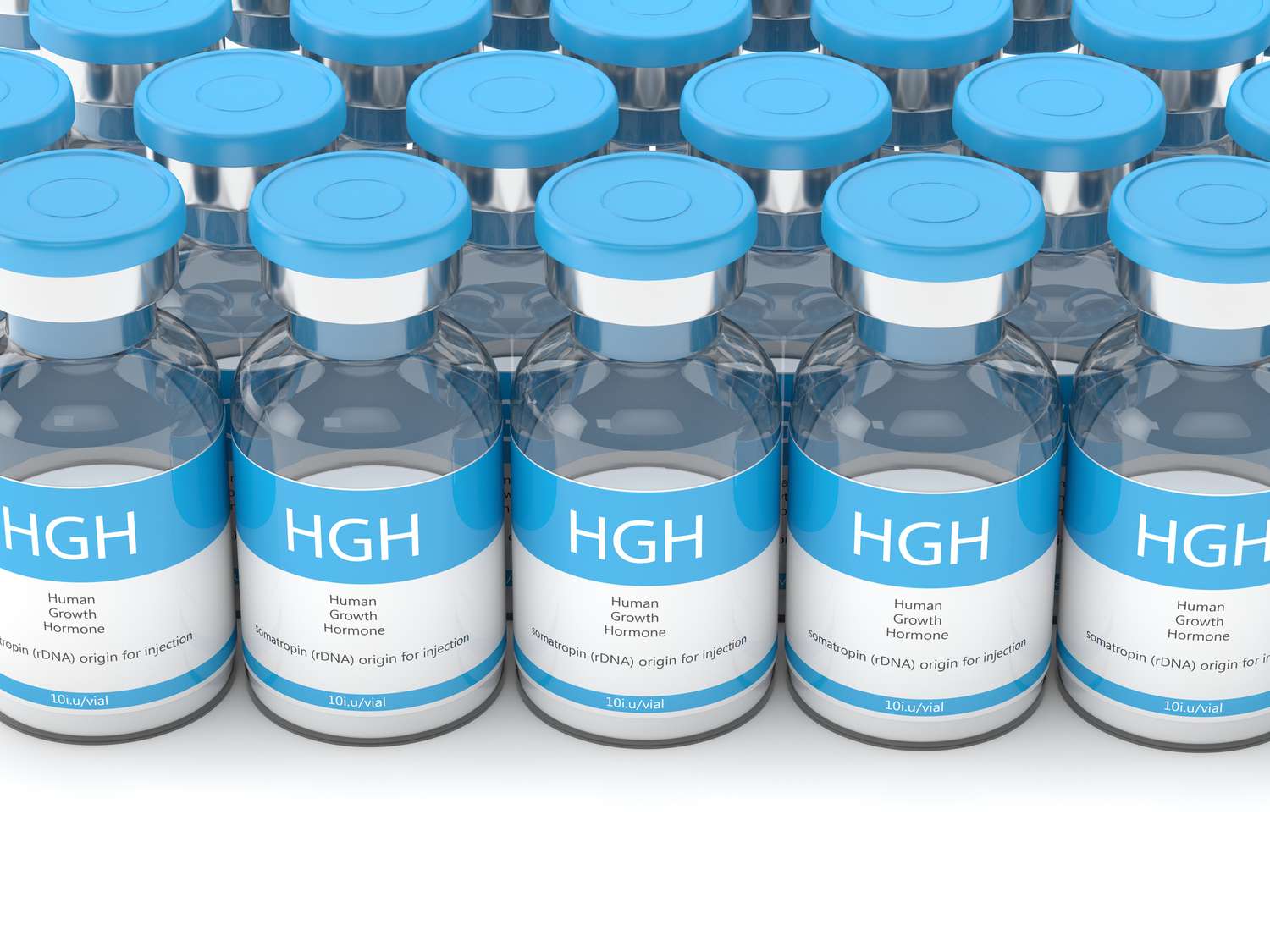Growth Hormone Deficiency: Symptoms, Causes, Treatment
What are the symptoms of growth hormone deficiency?
Growth hormone deficiency (GHD) occurs when the pituitary gland does not produce enough growth hormone, which is essential for growth, metabolism, and other functions. The symptoms of growth hormone deficiency can vary depending on the age at which it occurs and the severity of the deficiency. In children, the most common symptoms of GHD include:
- Slow growth: Children with GHD may grow at a slower rate than their peers, resulting in short stature.
- Delayed puberty: GHD can delay the onset of puberty, including delayed development of secondary sexual characteristics such as breast development in girls and facial hair growth in boys.
- Increased fat mass: Children with GHD may have an increased amount of body fat, particularly around the abdomen.
- Reduced muscle mass: GHD can lead to reduced muscle mass and strength.
- Delayed development of bone age: GHD can result in a delay in the maturation of the bones, as seen on X-rays.
- Delayed tooth development: GHD can also delay the eruption of permanent teeth.
In adults, the symptoms of GHD can include:
- Fatigue and lack of energy: Adults with GHD may experience fatigue, lack of energy, and reduced stamina.
- Reduced muscle mass and strength: GHD can lead to a decrease in muscle mass and strength.
- Increased fat mass: GHD can result in an increase in body fat, particularly around the abdomen.
- Decreased bone density: GHD can increase the risk of osteoporosis and fractures due to decreased bone density.
- Changes in lipid profile: GHD can lead to changes in cholesterol levels, including increased LDL cholesterol and decreased HDL cholesterol.
- Reduced quality of life: GHD can impact quality of life, including mood, social interactions, and overall well-being.
It’s important to note that the symptoms of GHD can be subtle and may overlap with other conditions. A diagnosis of GHD is typically made based on a combination of symptoms, medical history, physical examination, and laboratory tests. If you suspect you or your child has GHD, it’s important to consult a healthcare provider for an evaluation.
What are the causes of growth hormone deficiency?
Growth hormone deficiency (GHD) can be caused by a variety of factors that affect the pituitary gland or the hypothalamus, which are both involved in the regulation of growth hormone production. Some common causes of GHD include:
- Congenital conditions: GHD can be present at birth due to genetic mutations or abnormalities affecting the pituitary gland or hypothalamus. Examples include septo-optic dysplasia, pituitary aplasia, and other congenital malformations.
- Acquired conditions: GHD can also develop later in life due to acquired conditions that damage the pituitary gland or hypothalamus. These can include tumors (both benign and malignant), infections, head trauma, radiation therapy to the brain, or surgery to remove pituitary tumors.
- Idiopathic GHD: In some cases, the cause of GHD is unknown, and it is referred to as idiopathic GHD.
- Autoimmune conditions: Autoimmune disorders that affect the pituitary gland or hypothalamus can lead to GHD.
- Infiltrative diseases: Diseases that infiltrate the pituitary gland, such as hemochromatosis (iron overload), sarcoidosis, or histiocytosis, can cause GHD.
- Hypothalamic or pituitary stalk lesions: Lesions or tumors in the hypothalamus or pituitary stalk can disrupt the production and release of growth hormone.
- Infections: Infections that affect the pituitary gland or hypothalamus, such as meningitis or encephalitis, can lead to GHD.
- Vascular disorders: Conditions that affect blood flow to the pituitary gland or hypothalamus, such as stroke or aneurysm, can cause GHD.
- Drug or hormone use: Certain medications or hormone treatments can interfere with the production or function of growth hormone, leading to GHD.
It’s important to note that the specific cause of GHD can vary from person to person, and in some cases, the cause may not be identified. Treatment for GHD typically involves growth hormone replacement therapy to restore normal growth and development.
What is the treatment for growth hormone deficiency?
The main treatment for growth hormone deficiency (GHD) is growth hormone replacement therapy. This involves administering synthetic growth hormone to replace the deficient hormone and stimulate growth and development. Treatment is usually initiated and monitored by a pediatric endocrinologist for children and an endocrinologist for adults. Here’s how treatment is typically approached:
- Growth hormone injections: Synthetic growth hormone is administered through daily injections under the skin (subcutaneous). The dose is adjusted based on factors such as age, weight, and response to treatment.
- Monitoring: Regular monitoring is necessary to assess growth, adjust the dosage of growth hormone, and evaluate the effectiveness of treatment. This includes measuring growth, monitoring bone age, and checking hormone levels in the blood.
- Multidisciplinary care: A multidisciplinary approach involving pediatricians, endocrinologists, nurses, dietitians, and psychologists is often used to provide comprehensive care and support for individuals with GHD.
- Treatment duration: Treatment with growth hormone is usually long-term, continuing until the child reaches a satisfactory adult height or as determined by the healthcare provider.
- Adolescents and adults: Treatment for GHD in adolescents focuses on promoting normal growth and development. In adults, treatment aims to improve body composition, bone density, and quality of life.
- Monitoring for side effects: Growth hormone replacement therapy is generally safe, but it can cause side effects such as fluid retention, joint pain, and increased risk of diabetes. Regular monitoring helps detect and manage these side effects.
It’s important to note that growth hormone replacement therapy is most effective when started early, especially in children, as it can significantly improve growth and development. Early diagnosis and treatment of GHD can help children achieve a more normal adult height and improve quality of life.




